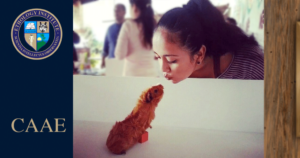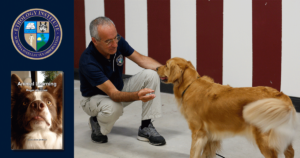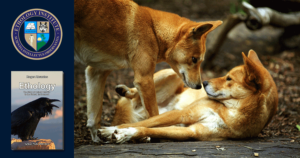Easy one click access to your courses.
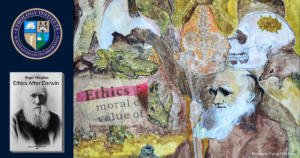
Ethics After Darwin
Ethics and morals relate to right and wrong conduct. "Ethics after Darwin" investigates the consequences of evolutionary biology and Darwinism on our ethics. It explains the principle of equality and individual moralism.
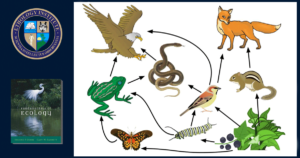
Ecology
Ecology is a branch of biology studying the interactions among organisms and their environment: ecosystems, biodiversity, habitat, biotope, niche, biome, biosphere, population ecology, food webs, keystone species.
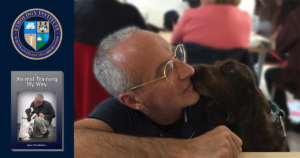
Mi Método de Entrenamiento
En "Mi método de entrenamiento de animales—la fusión entre Etología y conductismo (behaviorism)" el etólogo Roger Abrantes te explica y te enseña cómo entrenar y crear relaciones confiables con cualquier animal.
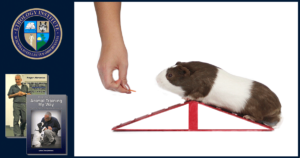
X Proficiency Verification
A Proficiency Verification is a session where you demonstrate the least necessary practical proficiency in handling an animal. In the X Proficiency Verification, you work with an animal from a species other than a dog or horse.
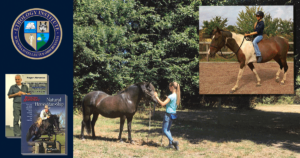
Equine Proficiency Verification
Equine Proficiency—You need theoretical knowledge and practical experience to be a good horse trainer. You begin training your horse once you have read and understood the theory. Ideally, it would be best to start after taking the first three courses.

Critical Reasoning
Critical Reasoning deals with analyzing and constructing valid arguments.
-
-
-
COMING SOON
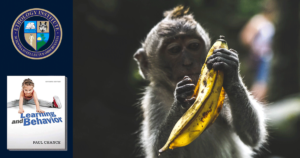
Learning and Behavior
Learning and Behavior is a comprehensive graduate-level course reviewing the various forms animals learn and acquire new behavior. It is an essential course for all animal trainers to understand behavior modification.
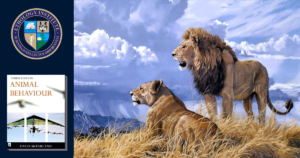
Evolution and Ethology
Evolution is the change process in all life forms over generations; Ethology is the study of animal behavior in the natural environment. This course is a comprehensive and advanced study in evolution and ethology.
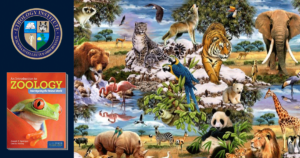
Zoology
Zoology studies all animals' structure, embryology, evolution, classification, habits, and distribution. This course is only an introduction to this vast subject matter. Its goal is to give you a better understanding of the various species.

Feline Behavior and Misbehavior
Feline Behavior and Misbehavior studies the behavior of cats as well as the most common causes of problem behavior and how to solve or prevent them, health and nutrition. It's an all-around course about feline behavior.
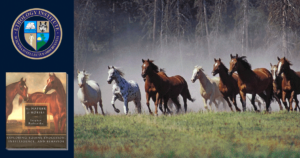
Equine Behavior
Equine Behavior studies horse behavior, particularly its social behavior, senses, how it apprehends the world and learns, and its ability to solve problems. It's an essential course for everyone dealing with horses, trainers and riders.
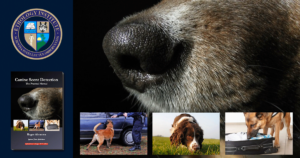
Canine Scent Detection
Canine Scent Detection is the course Roger Abrantes (who will be your tutor) gave to law enforcement officers. You will learn all you need, from the acquisition of ‘indication behavior’ (alert) and particular odor to pointing out a hidden target scent.
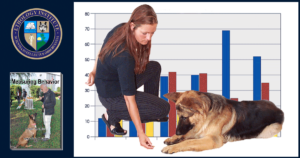
Measuring Behavior
Measuring Behavior—Learn how to sample behavior, create ethograms, evaluate your results, and present your findings. Study how to measure changes in behavior such as frequency, intensity, duration, number of errors, speed, latency, and fluency.
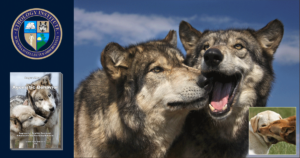
Agonistic Behavior
Agonistic Behavior is all forms of aggression, threat, fear, pacifying behavior, fight or flight, arising from confrontations between individuals of the same species. This course gives you the scientific definitions and facts.
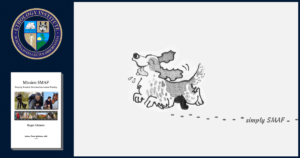
Applied Animal Learning
In Applied Animal Learning SMAF is a tool to help us apply learning theory to practical behavior modification. SMAF enables us to plan our actions with the highest possible degree of precision and to analyze the expected and observed results.

